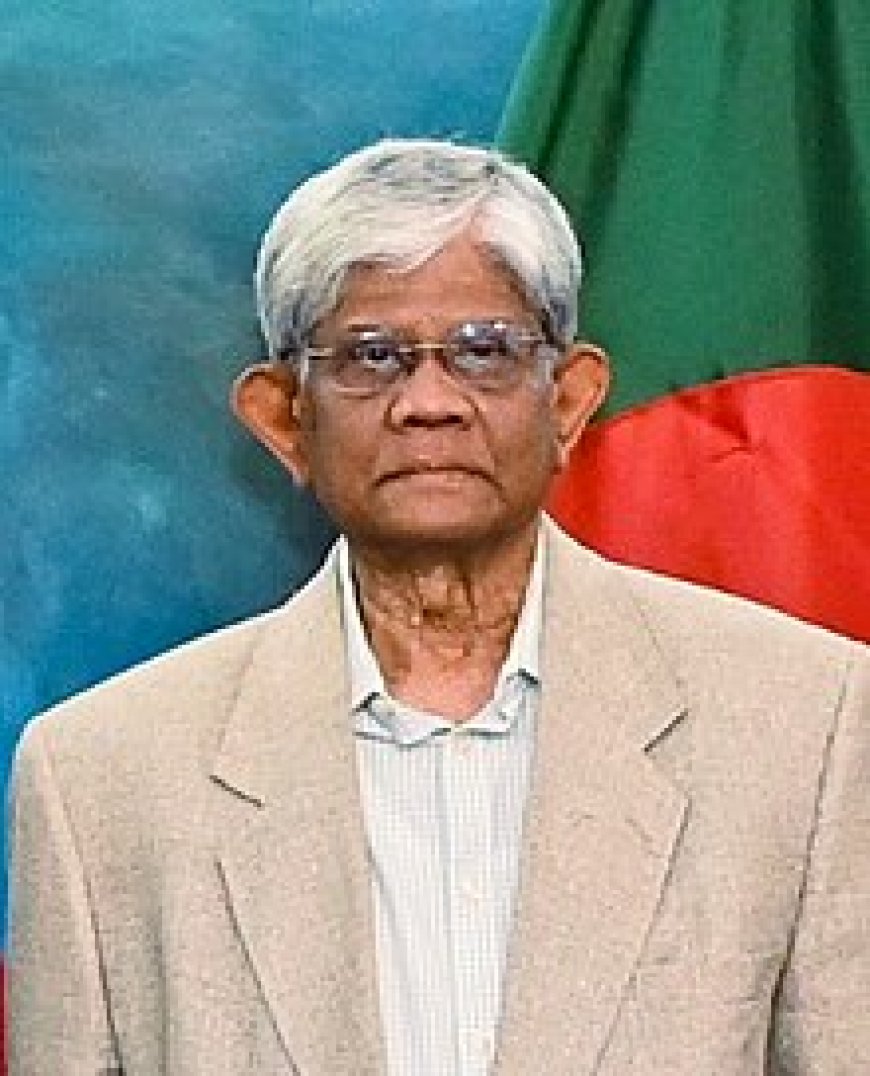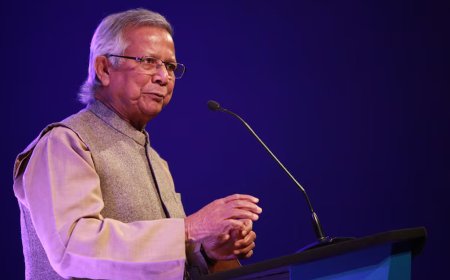Government aims to leave a 'reform legacy' before exit End of subsidies, cheap money, and low-interest policies
Government aims to leave a 'reform legacy' before exit End of subsidies, cheap money, and low-interest policies

Finance Adviser Dr. Salehuddin Ahmed announced that the government will no longer offer subsidies or provide cheap money to businesses, signaling a shift toward fostering a competitive economy in Bangladesh. Speaking at a business meeting in Dhaka on Sunday, he emphasized that the interim administration intends to leave a "reform legacy" before exiting office, even if it involves implementing difficult changes.
"Subsidies, cheap money, and low-interest rates are not hallmarks of a competitive economy," Dr. Ahmed asserted during the event on 'Enhancing Saudi-Bangla Economic Engagement,' organized by the Ministry of Foreign Affairs.
Acknowledging that the interim government has a limited timeframe—around 18 months to two years—he noted that it would not be able to complete all reform initiatives. He cautioned businesses against expecting the government to shoulder all responsibilities, stating, "Businesses demand confidence, assurance, support, and concessions, but they must also rise to the challenge."
Dr. Ahmed criticized sectors like ready-made garments (RMG), which continue to seek incentives despite having matured. Dismissing concerns over foreign buyers withdrawing from Bangladesh, he assured that global brands such as GAP, Marks & Spencer, and H&M remain committed to sourcing from the country. He also highlighted the positive stance of development partners, citing recent financial commitments of $1.6 billion and expectations of an additional $700 million.
Stressing the importance of trade for economic growth, Dr. Ahmed urged for stronger bilateral ties with countries like Saudi Arabia. He mentioned the government's review of the LDC (Least Developed Country) graduation timeline and efforts to ensure a smooth transition by creating a favorable business environment. He criticized past administrations for losing opportunities with global giants like Saudi Aramco and Samsung due to policy missteps and emphasized the need for policy corrections to attract investments.
Foreign Adviser Touhid Hossain reiterated the government's commitment to creating an investor-friendly environment and highlighted the importance of skill development for Bangladeshi workers to maximize their earnings abroad. Foreign Secretary Md. Jashim Uddin, who presided over the meeting, emphasized the role of bilateral discussions in strengthening ties.
Saudi Ambassador Essa Yousef Alduhailan reaffirmed Saudi Arabia's dedication to supporting Bangladesh’s development goals and noted significant advancements in bilateral cooperation. Over 30 high-level visits and substantial exchanges between businesses have occurred since 2020, paving the way for increased economic collaboration. He also stressed addressing challenges like logistics bottlenecks and tariff barriers to boost trade.
Masrur Reaz, Chairman and CEO of Policy Exchange Bangladesh, presented a report identifying key sectors for Saudi investment, including green energy, manufacturing, infrastructure, tourism, and education. He underscored Saudi Arabia’s role as a top destination for Bangladeshi workers and remittances, which are vital for the national economy.
The report recommended regulatory reforms, modernization of outdated laws, enhanced contract enforcement, streamlined tax policies, and measures to strengthen export competitiveness. It also emphasized reducing trade barriers and adopting compliance frameworks to facilitate sustainable economic growth.
What's Your Reaction?





















































































